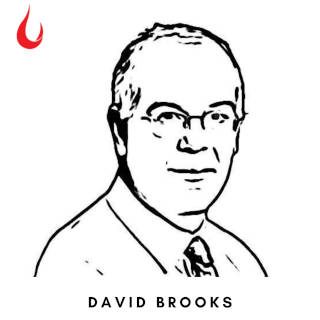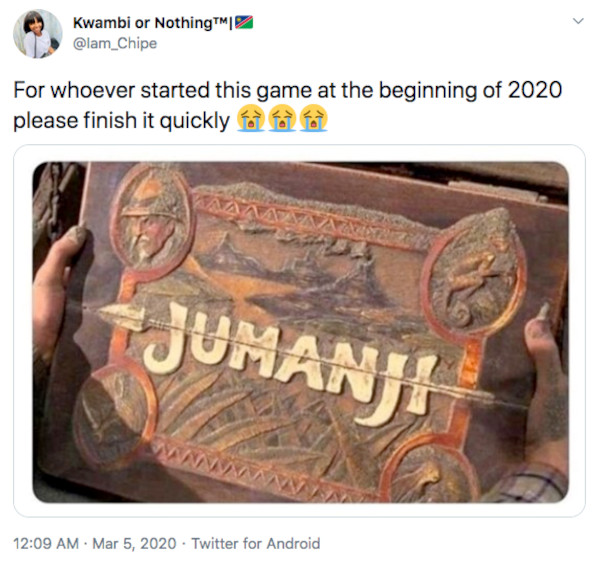[Photo by Tim Mossholder on Unsplash]
Good morning,
Yesterday morning, we were poring over our notes from Rolf Dobelli’s The Art of the Good Life. We’ve referred to in the past and revisit every once a while for the tools it contains. “These fifty-two intellectual tools may not guarantee you a good life, but they’ll give you a fighting chance,” he writes. We picked a snippet for today.
“Someone’s asked you for a small favour. How often do you say yes without thinking twice? How often do you refuse? How often have you kicked yourself later on for agreeing? And how often have you regretted saying no?
“When I totted up my own statistics a few years ago in response to these questions, I realized I was agreeing to do favours for people far too often—little things like giving a lecture, providing an article, or doing a short interview. I frequently invested more time than I’d first imagined to produce results significantly less useful than I’d hoped for all concerned. I set out wanting to do the other person a favour, but ended up doing myself none…
“The American political scientist Robert Axelrod once held tournaments in which different computer programs competed against each other. Each program followed a specific strategy when interacting with its opponent—cooperating with it, betraying it, behaving egotistically, always giving way and so on. In the long term, one strategy emerged as the most successful, one Axelrod called tit for tat…
“Reciprocity has its lurking dangers. If somebody does something nice for you, you feel duty bound to pay them back—by doing them a favour, for example. You allow yourself to become manipulable. Moreover, there is a second, far greater danger: every tit-for-tat strategy begins with an opening move, a leap of faith, a first, spontaneous yes; and often this is precisely what we come to regret. Once the spontaneous yes has slipped out, we tend to rationalize it. We think about the solid arguments for it, and not about the time it will take to fulfill it. We value arguments above time—an error in reasoning, because there is an infinite number of arguments and a decidedly finite amount of time. Ever since I realized that spontaneously agreeing to things is a deep-seated biological reflex, I’ve been using Charlie Munger’s five-second no as a counter-tactic: ‘If you say ‘No’ ninety percent of the time, you’re not missing much in the world.’ If I’m asked for a favour, I mull it over for exactly five seconds before making up my mind—and the answer is mostly no. I’d prefer to systematically turn down most requests and risk unpopularity than the other way around. Why not give it a try? It’s rare to find yourself immediately dismissed as a scumbag. In fact, most people will secretly admire your consistency.”
In this issue.
- When placebo is not just a placebo
- How to have deeper conversations
- Life is a game
Have a good day.
When placebo is not just a placebo
In October, a volunteer in AstraZeneca’s COVID-19 vaccine trial died, raising concerns about the safety of the vaccine. The trials stopped. The case was investigated. It turned out that the volunteer received a placebo, not the coronavirus vaccine, and the trial resumed. (A similar issue hit the headlines in India after a phase 3 volunteer of the vaccine in Chennai sued Serum Institute and a host of other organisations involved in the trial for side effects, claiming Rs 5 crore, and Serum Institute counter sued him for defamation, demanding Rs 100 crore.) While we wait for further details of the case, here is an interesting explainer from The Conversation on why researchers don’t just use a saline solution as placebo.

“In some COVID-19 vaccine trials, participants in the control group (the group receiving a placebo) are injected with a saline solution. In other trials, they receive an actual treatment. For example, in the COVID-19 vaccine developed by the University of Oxford, the control group receives a meningitis and septicaemia vaccine as a placebo.
“The benefit of using an actual vaccine as the placebo control is that it will cause a similar reaction at the site of the injection as the COVID-19 vaccine, such as muscle pain and soreness. This prevents patients from knowing whether they are getting the placebo or the real treatment. The scientific term for hiding knowledge of who got what treatment is ‘blinding’.
“If patients know they are getting the real thing, they may expect to get better, and their expectations can make them get better a bit faster. And if they know they are getting the placebo, they could drop out of the trial because they know they aren’t getting the actual treatment. Adding an actual vaccine to the placebo control helps the trial remain blinded and so prevents bias arising from differing expectations.”
Dig Deeper
How to have deeper conversations
In a recent NYTimes column, David Brooks offered some fresh ways to have deep conversations.

“Deeper conversation builds trust, the oxygen of society, exactly what we’re missing right now.”
Here are two.
- Treat attention as all or nothing. Of course, we all have divided attention. In “You’re Not Listening,” Kate Murphy writes that introverts have more divided attention than others while in conversation because there’s so much busyness going on in their own heads. But in conversation it’s best to act as if attention had an on/off switch with no dimmer. Total focus. I have a friend who listens to conversations the way congregants listen to sermons in charismatic churches—with amens, and approbations. The effect is magnetic.
- Find the disagreement under the disagreement. In the Talmudic tradition when two people disagree about something, it’s because there is some deeper philosophical or moral disagreement undergirding it. Conversation then becomes a shared process of trying to dig down to the underlying disagreement and then the underlying disagreement below that. There is no end. Conflict creates cooperative effort. As neuroscientist Lisa Feldman Barrett writes, “Being curious about your friend’s experience is more important than being right.”
Dig Deeper
Life is a game
It’s already December, and the game is still on

(Via Twitter)
Tell us what you think and find noteworthy. Head over to our our Slack channel.
And if you missed previous editions of this newsletter, they’re all archived here.
Bookmark Founding Fuel’s special section on Thriving in Volatile Times. All our stories on how individuals and businesses are responding to the pandemic until now are posted there.
Warm regards,
Team Founding Fuel

